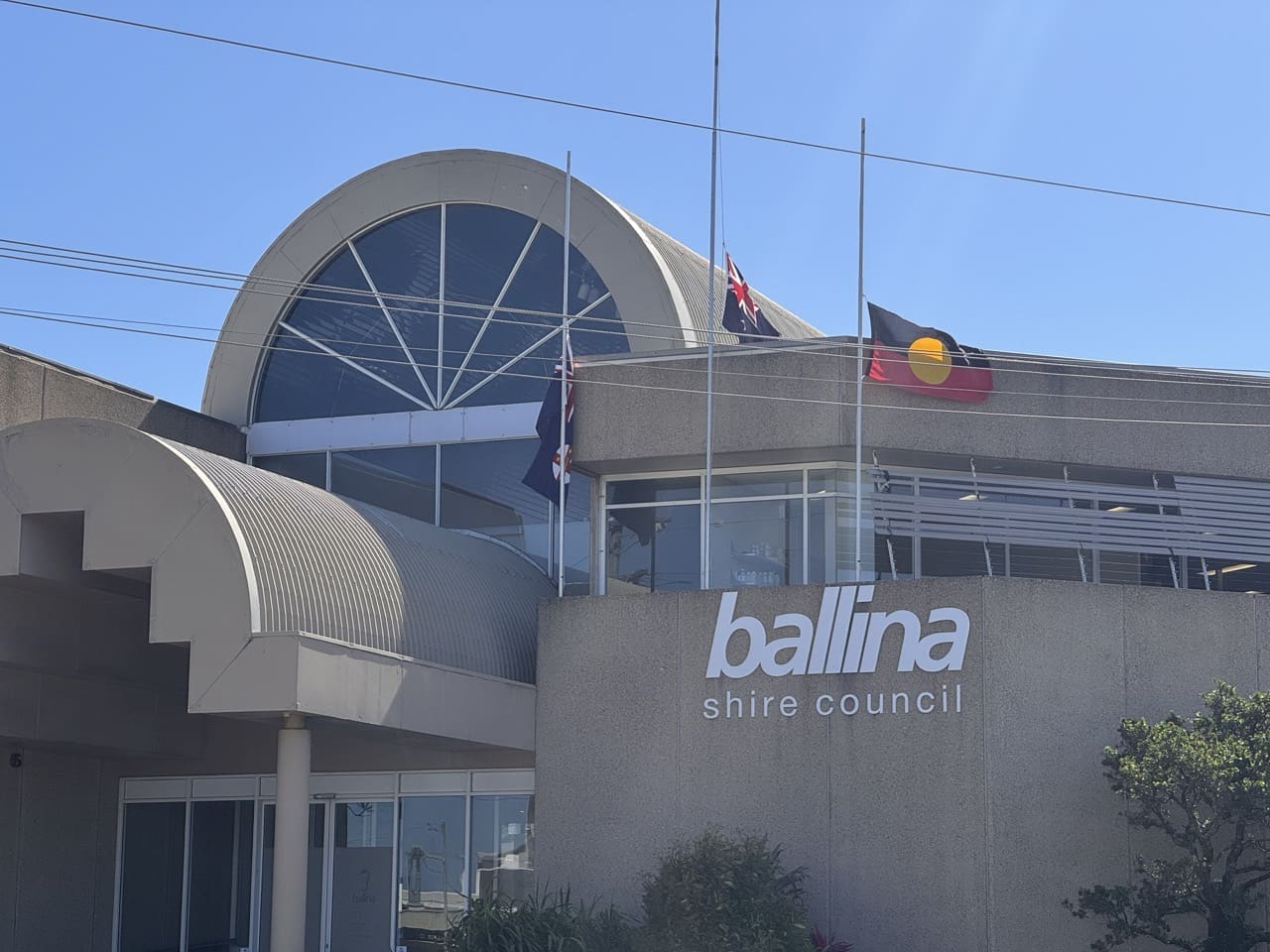Fed up with misbehaviour at meetings and dodgy planning decisions taking place behind closed doors, the Minns Government is pushing ahead with sweeping reforms to local councils.
Some of the new rules have drawn strong opposition from local council organisations — including a contentious change requiring councillors to stand when the mayor enters the meeting chamber.
Local Government Minister Ron Hoenig, a former mayor himself, believes the gesture will help restore “dignity and respect” to meetings.
Ballina Shire Council, Rous County Council and the Northern Rivers Joint Organisation of Councils all argued against the move in formal submissions, calling it “archaic” and even discriminatory.
Ballina’s submission warned it would “only result in embarrassment” for councillors with physical constraints preventing them from standing.
Mayor backs respect, not secrecy
Ballina Shire Council (BSC) Mayor Sharon Cadwallader admits she doesn’t personally oppose the stand-up rule, though her council’s submission argued against it.
“Most councils didn’t agree with standing when the mayor enters the room, because we all try and work together,” she said.
“But having said that, I think Minister Hoenig, having spent his 30 years in local government, is appalled at how councils are behaving, and he wants to bring respect back into the chamber
“I get where he’s coming from.”
With more than two decades of local government experience herself, Cr Cadwallader said what matters most is not ceremonial gestures but ensuring proper behaviour during debates.
“Everybody deserves the respect of not being interjected over while they are speaking,” she said.
“We are all adults, but we need to behave like adults in the chamber.”
Mayor Cadwallader also welcomed new powers for mayors to eject councillors for misconduct without needing a vote.
“That’s a good thing,” she said.
“There have been times I would have used it.”
Her main concern lies elsewhere in the reform package – with the ban on confidential councillor briefings.
“When you’ve got five new councillors in their first year (as BSC currently does), they need guidance, particularly on planning matters, which are very complex,” she said.
She warned that making every briefing public could discourage newer councillors from asking the “hard questions” they need to learn.

Code of Conduct toughened
Other reforms will give greater weight to the Code of Conduct.
Serious breaches could now be referred to the Land and Environment Court, with councillors found guilty potentially facing significant penalties, including being suspended and banned from office for up to five years.
“I believe that elected councillors who have committed serious misconduct should only be suspended from office by a judge of a superior court who has heard from both sides,” Mr Hoenig said
“Preventing and delaying action to address misconduct in councils has eroded public trust in local government.”
Mayor Cadwallader said she supports this move, provided that it doesn’t see councils left with even bigger legal bills.
“It shouldn’t be up to the community to pay for it because of a councillor’s tantrum or breach of confidentiality,” she said.
The Minister says the Court will have the power to order costs, “including indemnity costs, should proceedings be commenced vexatiously”.
Careful What You Wish For?
Former Lismore City Council GM and current Richmond Valley Councillor John Walker broke ranks with his and other local council submissions, saying the end of private briefings was long overdue.
“At RVC, the agendas for information sessions end up being the same as the next council meeting.
“Councillors discuss matters in closed session then rubber stamp them in public. It is wrong,” Mr Walker said.
Meanwhile high profile Lismore City Councillor Big Rob reckons the “stand up” rule will backfire.
“It will inevitably result in considerably more adverse behaviour as some councillors refuse to stand for a political opponent as they enter the room, or leave when told to by a hostile political opponent looking to secure an advantage.
“It will almost certainly result in considerably more administrative and legal action,” Cr Rob said in a personal submission
The changes, including the “stand up” rule, are due to take effect from January next year, with enabling regulation changes coming before both councils and the NSW Parliament soon.



0 Comments